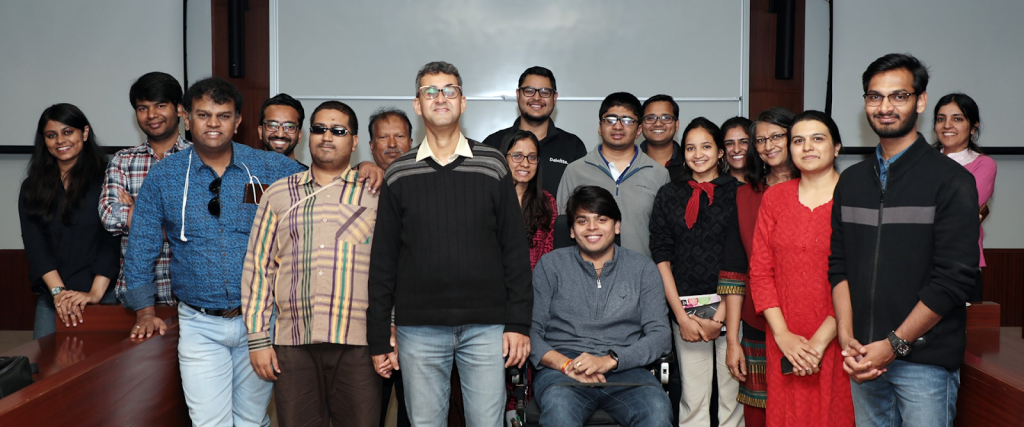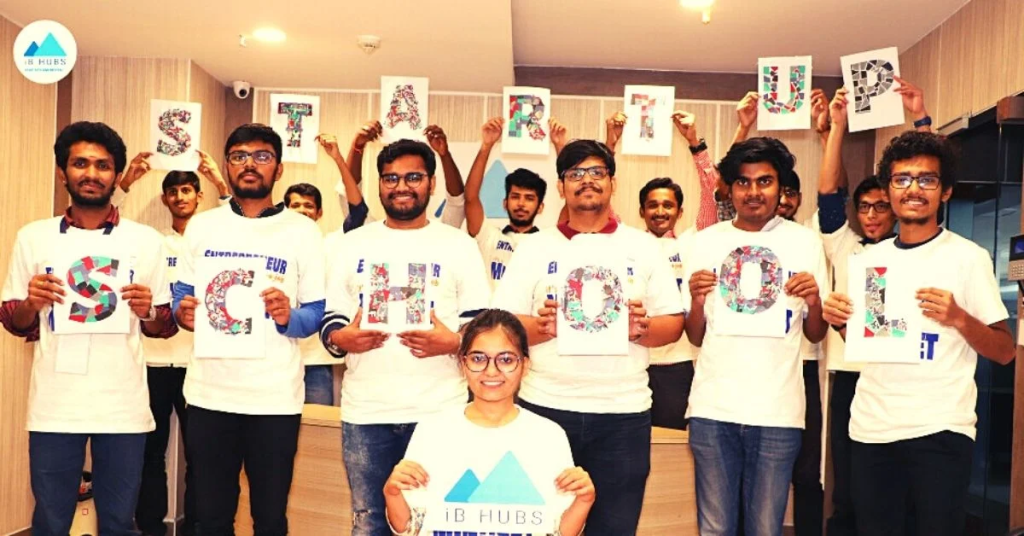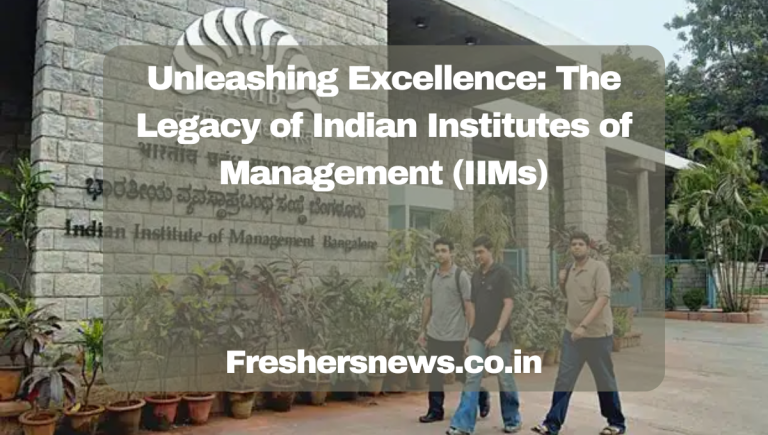The Indian Institutes of Management (IIMs) stand tall as fortresses of excellence in management schooling, in India as well as across the globe. Laid out with the vision of sustaining excellent pioneers and administrators, these establishments have reliably created alumni who have made critical commitments to different areas, driving innovation, and forming the economic landscape of the country.
Inheritance and Evolution
The inception of IIMs traces back to the mid-twentieth century when India was looking to revive its economy and management mastery was distinguished as a basic need. The principal IIM, IIM Calcutta, was laid out in 1961 and trailed by IIM Ahmedabad in 1961. From that point forward, the IIM network has extended to incorporate 20 institutes spread the nation over.

Image Source: Indian Express
Academic Excellence
At the core of every IIM lies a promise to academic excellence. The thorough educational plan, shown by prominent employees and industry specialists, furnishes understudies with the information, abilities, and points of view expected to explore the intricacies of the cutting-edge business world. Case-based learning, experiential ventures, and industry temporary jobs structure necessary pieces of the teaching method, guaranteeing that understudies are hypothetical researchers as well as proficient experts.
Diversity and Inclusivity

Image Source: IIMB
One of the signs of IIMs is their obligation to diversity and inclusivity. Understudies from different foundations – academic, cultural, and professional – meet up nearby, enhancing the learning environment and cultivating a culture of cooperation and shared regard. This diversity plans understudies to flourish in worldwide settings, where multifaceted comprehension and versatility are important resources.
Worldwide Perspective

Image Source: IIML
In an undeniably interconnected world, IIMs perceive the significance of cultivating a worldwide viewpoint among their understudies. Trade programs, global joint efforts, and guest lectures by eminent researchers and industry pioneers open understudies to assorted points of view and best practices from around the world. Such openness expands their perspectives as well as sets them up to lead in an undeniably globalized business environment.
Entrepreneurship and Innovation

Image Source:Comportall
IIMs have been at the forefront of advancing entrepreneurship and innovation. Brooding focuses, startup gas pedals, and entrepreneurship cells give hopeful business people important mentorship, assets, and networking chances to interpret their thoughts into practical endeavors. The accentuation on innovation and innovativeness pervades the educational program, empowering understudies to think fundamentally, challenge shows, and trailblazer new ways to deal with critical thinking.
Industry Connect

Image Source: The Hindu Business Line
Solid industry associations lie at the center of IIMs’ prosperity. Customary connections with industry pioneers through classes, studios, and corporate mentorship programs guarantee that the educational plan stays significant and lined up with the advancing necessities of the industry. Industry-supported tasks and entry-level positions offer understudies active experience and bits of knowledge into true difficulties, improving their employability and availability for the corporate world.
IIMs Alumni Network

Image Source: Blogbite
The alumni network of IIMs is an imposing power driving change and change across different areas. Alumni possess administrative roles in top enterprises, government bodies, NGOs, and pioneering adventures, filling in as diplomats of the IIM heritage and tutors to people in the future of pioneers. The solid bond among alumni encourages a culture of offering in return, with numerous alumni effectively participating in tutoring, guest lectures, and supporting drives to fortify their place of graduation.
Challenges and Opportunities of Indian Institutes of Management
While IIMs have made momentous progress, they likewise face difficulties in guaranteeing openness, moderateness, and significance in a quickly evolving landscape. Tending to orientation equality, advancing social inclusion, and embracing arising fields, for example, sustainability and computerized change are a portion of the areas where IIMs are effectively developing to remain on the ball.
FAQs about Indian Institutes of Management (IIMs)
1. What are the Indian Institutes of Management (IIMs)?
Indian Institutes of Management (IIMs) are the premier management education institutions in India. They are independent public institutes of advanced education, perceived universally for their academic excellence and administration in management education.
2. What number of IIMs are there in India?
As of the latest count, there are 20 Indian Institutes of Management (IIMs) spread across different urban communities in India. These institutes are situated in urban communities like Ahmedabad, Bangalore, Kolkata, Lucknow, Indore, and others.
3. What programs do IIMs offer?
IIMs offer a scope of management programs catering to various educational foundations and professional yearnings. These programs include:
– Post Graduate Program in Management (PGP)
– Executive Post Graduate Programs (EPGP)
– Fellow Program in Management (FPM)
– Executive Education Programs
– Management Development Programs (MDP)
– Certificate Programs
4. How are admissions led at IIMs?
Admissions to most IIM programs are exceptionally aggressive and depend on selection tests, academic execution, work experience, and individual interviews. The Common Admission Test (Feline) is the essential placement test for admission to the PGP and other management programs at IIMs. Some IIMs additionally acknowledge scores from different tests like GMAT for explicit programs.
5. What is the length of programs at IIMs?
The span of programs at IIMs shifts depending on the kind of program. The leader Post Graduate Program in Management (PGP) regularly goes on for quite a long time, while Executive Programs might go from one to two years. The Fellow Program in Management (FPM) is a doctoral-level program that generally ranges from four to five years.
6. What separates IIMs from other business schools?
IIMs are eminent for their academic thoroughness, personnel aptitude, industry associations, and graduated class organization. They offer a helpful learning climate, encourage a culture of innovation and business venture, and give broad open doors to individual and expert development. The standing and worldwide acknowledgment of IIMs make them favored destinations for aspiring management experts.
7. Do IIMs offer placements?
Indeed, IIMs have vigorous placement cells that work with placements for their understudies. Leading organizations from different areas take part in grounds enlistment drives for employability from IIMs. The placement cycle is profoundly organized, and understudies get support in continuing building, interview preparation, and professional counseling from the institute’s placement cell.
8. How do IIMs add to research and information creation?
IIMs are effectively involved in research and add to information creation in different domains of management and united fields. Employees at IIMs take part in cutting-edge research, distribute academic articles in presumed diaries, and embrace consultancy projects for industry and government associations. The exploration result of IIMs adds to academic talk and informs administrative practice.
9. Are there scholarships accessible for understudies at IIMs?
Indeed, IIMs offer scholarships and financial help to deserving understudies given legitimacy, need, and different rules. The actual institute, government schemes, corporate sponsorships, or outer funding offices might give scholarships. Qualified understudies are urged to investigate grant open doors and apply accordingly.
10. How might I get more information about unambiguous IIMs and their programs?
Each IIM has its true site where nitty-gritty information about the institute, programs offered, admission strategies, staff profiles, infrastructure, and other significant subtleties are accessible. Imminent candidates can visit the authority sites of individual IIMs or contact their admission workplaces for explicit inquiries. Also, attending information meetings, and webinars, or reaching out to current understudies and graduated classes can give significant insights into the IIM experience.
Conclusion
As India walks towards turning into a worldwide economic force to be reckoned with, the job of IIMs in supporting ability, cultivating innovation, and molding ethical pioneers expects vital significance. With their unflinching obligation to excellence, diversity, and inclusivity, IIMs keep on motivating the ages of future pioneers who will guide India towards a more brilliant and prosperous future.

